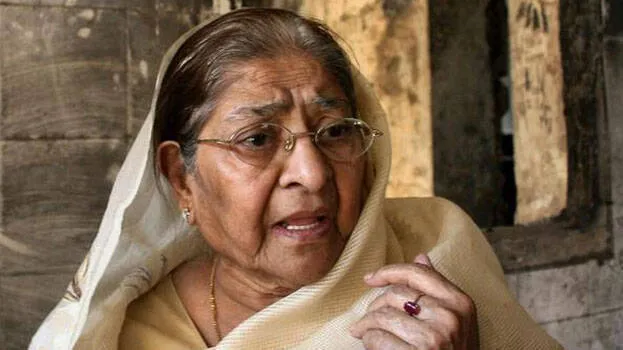
Top executives from major Dutch supermarket chains have called for an end to the requirement that product labels be in Dutch. They argue that this move would help supermarkets better cope with rising procurement costs, particularly from A-brands. The proposal, which was voiced by the leaders of PLUS, Jumbo, and Picnic, advocates for uniform labeling across the European Union.
Under current regulations, manufacturers are required to include Dutch-language information on product packaging sold in the Netherlands. However, Aart van Haren, CEO of PLUS, pointed out that other EU countries impose less stringent labeling requirements. "I can imagine that, as a legislator, you might say there should be an English-language label, and the supplier could include a QR code that links consumers to a website with all the languages," he said Thursday evening during a roundtable discussion in Oegstgeest, Zuid-Holland.

The discussion focused on ongoing negotiation difficulties with suppliers. Malik Azmani, a Member of the European Parliament from the VVD party, expressed interest in discussing these proposals in the European Parliament. However, he cautioned that any new legislation could take one to two years to pass.
"We are still at the very beginning stages," he added. Ton van Veen, the departing CEO of Jumbo, and Joris Beckers, co-founder of Picnic, also supported the idea, saying it could help resolve the ongoing price disputes with manufacturers. The supermarket executives claim that multi-language labels are a factor contributing to price discrepancies across different countries.
They suggest that A-brands may charge higher prices to Dutch supermarkets than to their counterparts in other EU nations. The supermarket leaders are also calling for the European Union to ban manufacturers from refusing to supply products to supermarkets outside of the Netherlands. Van Veen explained that large companies like Coca-Cola in Germany can refuse to supply supermarkets if they are not already a customer.
"Look objectively at what retailers earn. At the end of the day, it's much less than what A-brands earn. The big players make 20 to 25 percent, and we only make 3 to 4 percent," he said, referring to supermarket chain profit margins.
.











